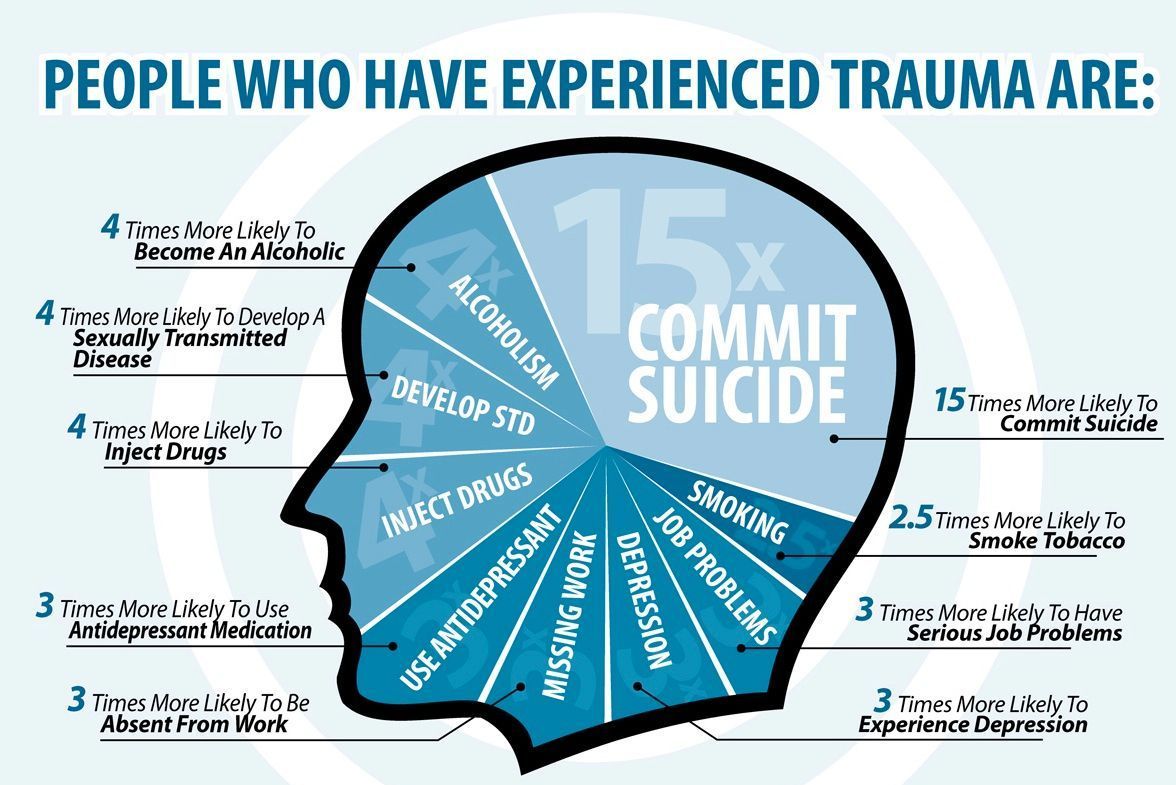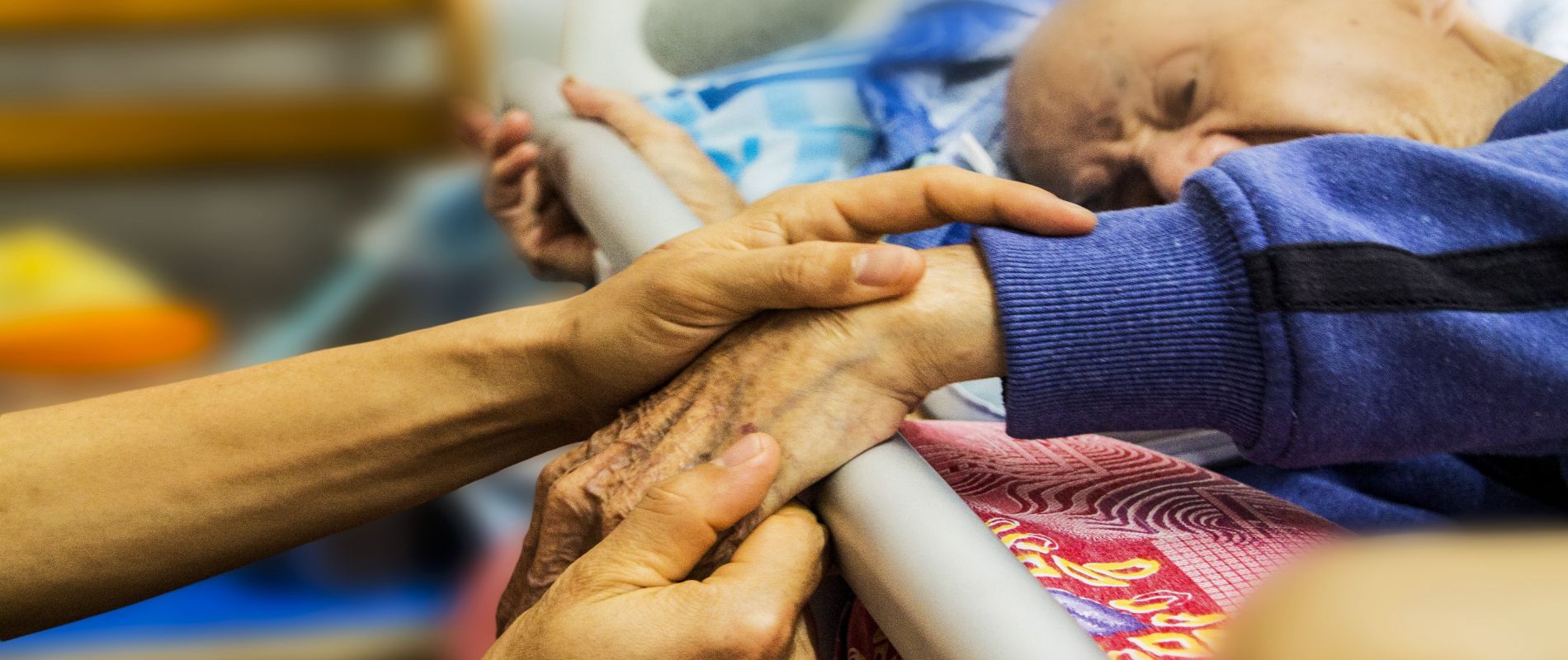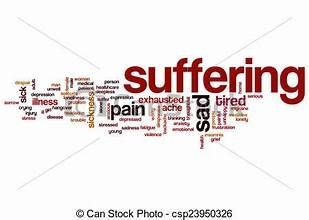
"Did you see that accident yesterday? It was horrible."
Both of the guys I normally have coffee with on Tuesday mornings saw it during their normal drive patterns on a local street. Then they went on to describe the horrific damage. Their countenance and tone revealed that it affected them emotionally to happen on a fatal car accident a few minutes after it happened.
"Trauma is an emotional response to a terrible event like an accident, rape or natural disaster. Immediately after the event, shock and denial are typical. Longer term reactions include unpredictable emotions, flashbacks, strained relationships and even physical symptoms like headaches or nausea. While these feelings are normal, some people have difficulty moving on with their lives." This definition, along with more explanation and help related to trauma, can be found of the American Psychological Association web site.
https://www.apa.org/topics/trauma/
Much like grief, the trauma impacts our emotions but often is never processed. We can't do anything about the accident, don't know the people involved and we are on our way to somewhere else. So, we ignore how disturbed we feel by what we saw. Maybe the only thing we do is commit again to never texting and driving.
Each person has their individual response and there are many different traumas. The Sandy Hook/Columbine cooperative provided the graphic above describing some of the risks that are multiplied for the person who has experienced trauma.
http://sandyhookcolumbine.org/behaviors-associated-with-traumatic-events/
Drama, with screaming, shaking, fainting, weeping, along with many other extreme responses may accompany the traumatized person or the one who witnesses the catastrophic event. Shock and denial is a possibility in the earlier moments, producing a stoic calm while deciding how to take the next steps.
The essential caring skills that we use for the grieving also apply with those traumatized.
1. Be present.
2. Ask questions so the person can tell their story--what they saw, what they are trying to process.
3. Actively listen.
4. Meet basic needs.
Most traumas have the element of surprise. The victim is unprepared for the event that was totally unexpected. Our same skills help deescalate the situation.
Thankfully there are many counselors that specialize in trauma therapy so we can refer our care receivers to them for deeper and long term help.
People today, due to many different factors, experience and see much more trauma than previous generations.
We live in a traumatized world so if we who care for people will be aware and use our God given gifts and knowledge to support them, we will help people endure the worst experience of their lives and avoid more catastrophic circumstances caused by unresolved trauma.
Please remember to appreciate and pray for first-responders: police, paramedics, EMTs, firefighters, emergency room doctors, nurses and staff who experience traumas every day. News reporters are also confronted with being at the scene and reporting the sad and tragic events.
The graphic at the top of the page shows what can happen when somoene who has experienced a trauma does not find support. I hope this post helps you find the courage and resources you need to support the traumatized. Because your care matters!











